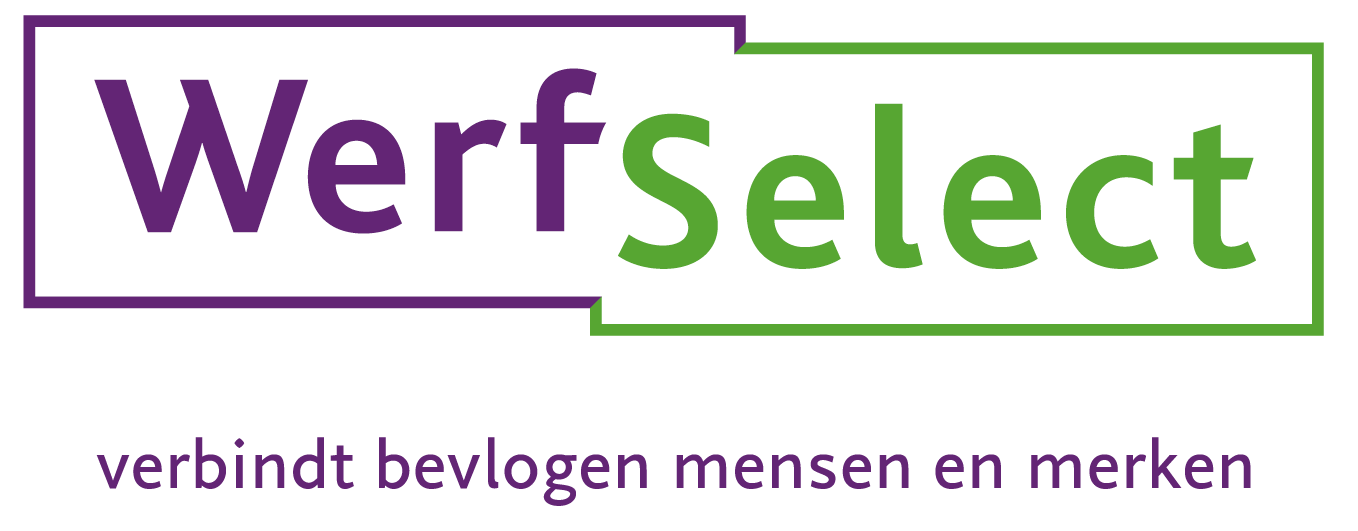What is the DBA Act and why is it important?
The Deregulation of Assessment of Employment Relationships Act (Wet DBA) was created to combat false self-employment and clarify the employment relationships between self-employed persons without personnel (zzp’ers) and their clients. This law is important because it helps determine whether a self-employed person is really self-employed or should actually be employed.
For both zzp’ers and clients, it is essential to have clear agreements about the employment relationship. The DBA Act is a tool in this regard to ensure that both parties know where they stand and to prevent problems with the tax authorities later on. The goal is to create a fair labor market where labor relations are not disrupted by sham constructions.
How does the DBA Act affect contractual arrangements?
The impact of the DBA Act on contracts between self-employed workers and clients is significant. Drawing up contracts requires extra attention to the details of the collaboration. Both parties must make it clear that the zzp’er operates independently and is not an ordinary employee. This means, for example, that the self-employed person is responsible for using his or her own materials and tools.
The DBA Act encourages clients and self-employed workers to design their contracts in such a way that there is no question of disguised employment. This can be done, for example, by ensuring that the freelancer works for multiple clients and bears the entrepreneurial risk. Clear agreements in the contract can help prevent any ambiguities and misunderstandings.
What risks and responsibilities does the DBA Act entail?
The DBA Act entails several risks and responsibilities for both self-employed workers and clients. One of the main risks is the possible reclassification of an employment relationship as employment, which can lead to additional taxes and fines from the Tax Office. This is especially important if the Tax Office believes there is false self-employment.
For zzp’ers, this means that they must ensure that they actually operate as self-employed workers, for example, by bearing entrepreneurial risk and working for multiple clients. Clients, in turn, must ensure that they are not solely dependent on the services of a single zzp’er and that the employment relationship meets the conditions of the DBA Act.
What are the alternatives to the DBA Act?
There are several alternatives and solutions for self-employed workers and clients to work together within the framework of the law. One of the options is the model agreement, which clearly establishes in advance that the self-employed person is self-employed. This offers more certainty, but requires that the agreements be observed in practice.
There is also the possibility of looking at other regulations such as the Wet Verduidelijking Beoordeling Arbeidsrelaties (VBAR Act), which could potentially replace the DBA Act in the future. Although this law is not yet in effect, it may be useful to stay abreast of developments and examine how these new rules may affect your collaboration with self-employed workers.
It is important to be well informed about the DBA Act and its possible alternatives. By proactively and consciously dealing with the rules, both zzp’ers and clients can benefit from a clear and fair working relationship. At WerfSelect, we are happy to help you with advice and support to make the right choices. Read more about this in our white paper.





